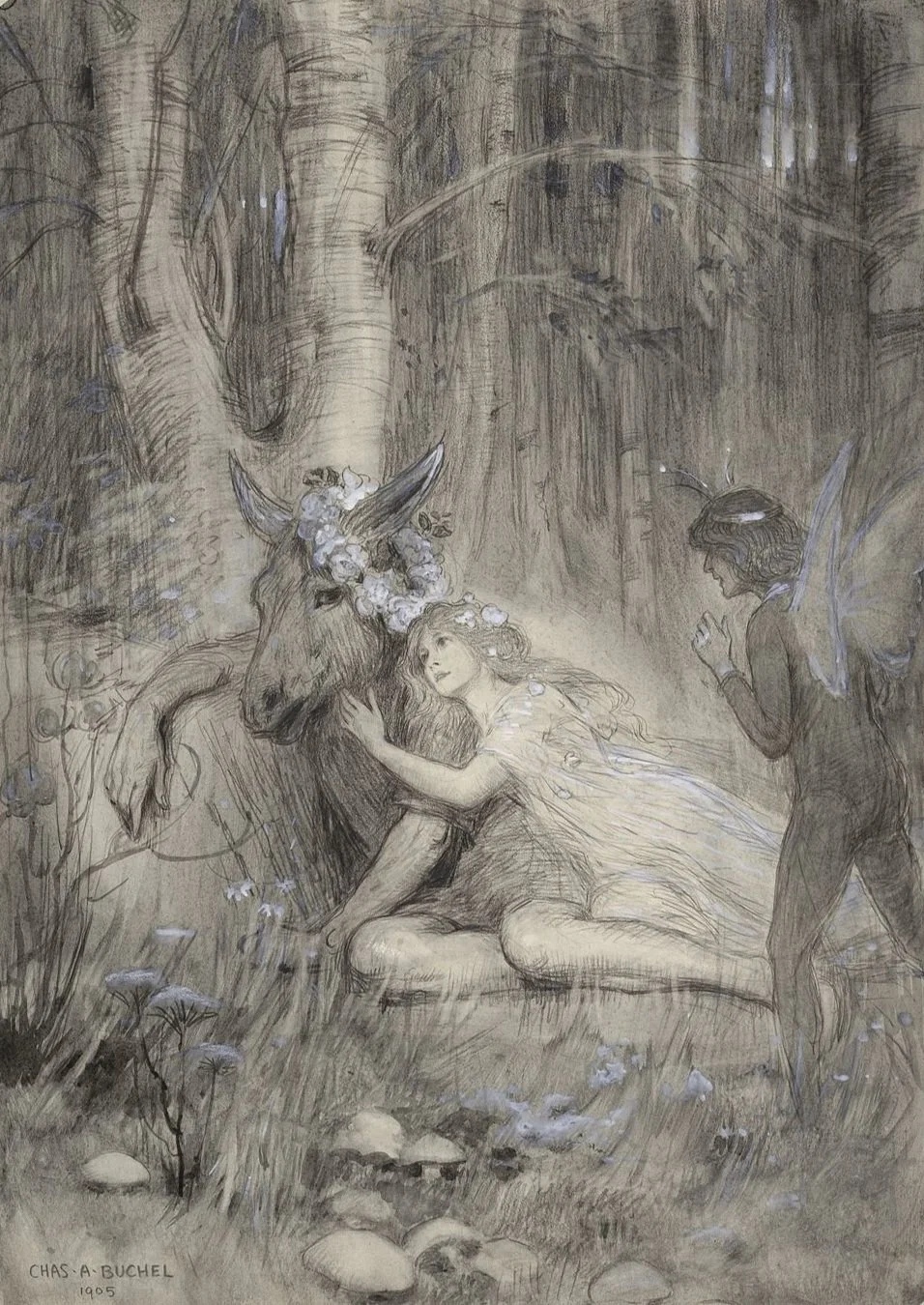Word of the week: A tasty noun and an adjective all associated with the first meal of the day - one means to take breakfast, the other, with a variant spelling, describes anything related to that meal. Both derive from the Latin noun ientaculum, meaning a breakfast taken immediately on getting up
Read moreWord of the week: jenticulate / jentacular
Jenticulate with the jentacular in the morning …














